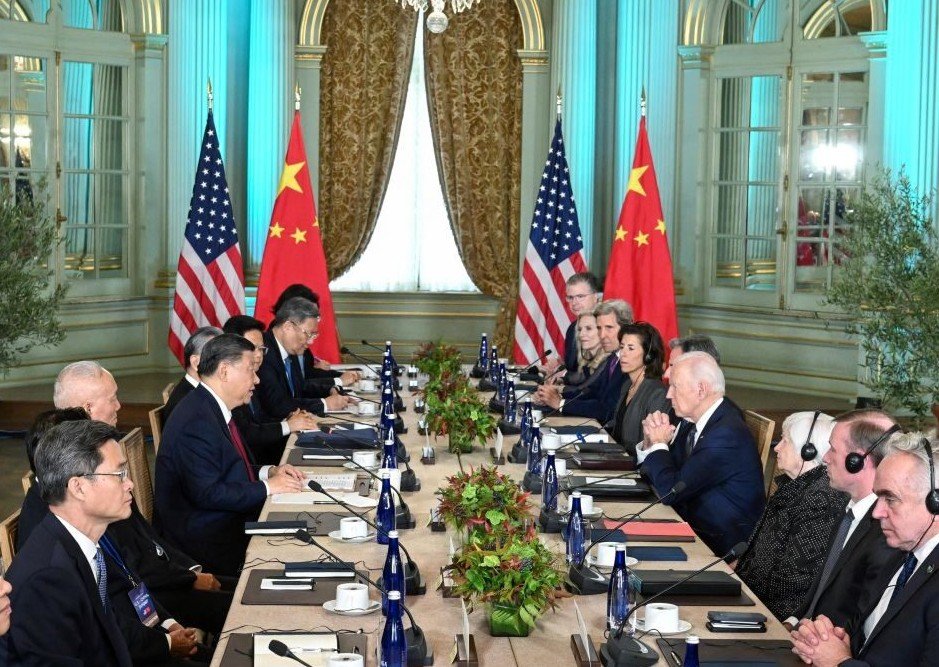Senior officials from Turkey, Qatar, and Egypt gathered in Cairo on November 25, 2025, to push forward the fragile Gaza ceasefire amid rising tensions. Turkey’s intelligence chief Ibrahim Kalin met with Qatar’s Prime Minister Sheikh Mohammed bin Abdulrahman Al Thani and Egypt’s intelligence head Hassan Rashad to address obstacles and plan the next phase of the agreement.
Key Players and Meeting Goals
The talks focused on strengthening the ceasefire deal that took effect in late October 2025, following months of mediation. Sources indicate the meeting aimed to coordinate efforts among the mediator nations and prevent further breakdowns.
Turkey has positioned itself as a key supporter of Palestinian causes, with Kalin emphasizing Ankara’s commitment during the discussions. Qatar and Egypt, long involved in Gaza negotiations, brought their experience from past deals, including prisoner exchanges.
The group also explored ways to work with the United States, a major player in the region, to ensure smoother implementation. This comes as reports highlight ongoing violations that threaten the peace process.

Recent events, such as Israel’s strikes on alleged terror targets in Gaza, have raised alarms. The mediators agreed to boost coordination through the Civil Military Coordination Center to tackle these issues head on.
Challenges to the Ceasefire
The ceasefire, brokered with help from the US, Qatar, and Egypt, includes phases for hostage releases and aid delivery. However, both sides have accused each other of breaches, complicating progress.
Hamas delegations have met Egyptian officials multiple times in recent weeks to discuss escalations. Israeli forces reported striking dozens of targets after claimed incursions, restoring calm but underscoring fragility.
Experts point to deeper issues like control over Gaza’s borders and reconstruction efforts. The meeting in Cairo sought to address these by outlining steps for the second phase, which involves broader troop withdrawals and governance talks.
- Ongoing violations: Reports show at least 20 incidents since the truce began, including airstrikes and border clashes.
- Aid delivery hurdles: Humanitarian supplies have faced delays, affecting over 2 million Gaza residents.
- International involvement: The US has pledged support, but coordination remains a challenge.
Analysts note that without firm commitments, the deal could collapse, leading to renewed conflict. The Cairo talks represent a critical push to stabilize the region.
Broader Regional Impact
The discussions extend beyond Gaza, touching on unity between Gaza and the West Bank under a single Palestinian authority. Egypt and Qatar have warned against plans that might give international forces too much power, preferring limited roles.
Turkey’s role has grown, with Kalin hosting Hamas leaders in Istanbul earlier in November 2025. This positions Ankara as a bridge between parties, leveraging its ties with both Hamas and Western allies.
| Aspect | Details | Impact |
|---|---|---|
| Ceasefire Phases | Phase 1: Initial hostage releases and pause in fighting (October 2025). Phase 2: Troop pullbacks and aid increases (planned for December 2025). | Aims to build trust but faces delays from violations. |
| Key Mediators | Qatar: Hosts talks and funds aid. Egypt: Manages border and intelligence. Turkey: Provides diplomatic support. | Strengthens collective pressure on Israel and Hamas. |
| Violations Reported | Israel: Struck 50+ targets. Hamas: Accused of incursions. | Risks full breakdown, with civilian casualties rising. |
| US Role | Coordinates with mediators, offers security guarantees. | Essential for enforcement but tied to domestic politics. |
This table highlights how interconnected elements are driving the current efforts. Regional stability hinges on resolving these points quickly.
Economic fallout from the conflict continues, with Gaza’s infrastructure in ruins and neighboring economies strained. The talks also covered boosting humanitarian aid, crucial as winter approaches and needs spike.
Future Steps and Commitments
Participants agreed to ramp up joint actions to clear roadblocks and enforce the truce. Kalin reaffirmed Turkey’s full support for Palestinians, including potential aid and reconstruction help.
Looking ahead, more meetings are expected, possibly involving US officials, to finalize Phase 2 details. Success could pave the way for long term peace talks, addressing core issues like statehood.
However, skepticism remains high. Past ceasefires have faltered, and current tensions in Lebanon add pressure. Observers stress the need for verifiable compliance from all sides.
The Cairo meeting signals a united front among mediators, but real progress depends on on ground actions in the coming weeks.
What do you think about these developments? Share your thoughts in the comments and spread the word to keep the conversation going.
